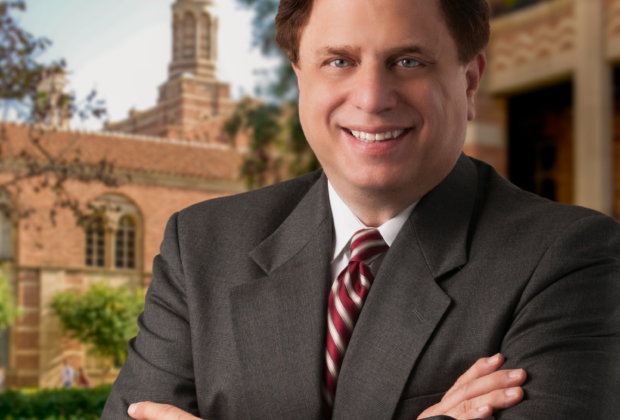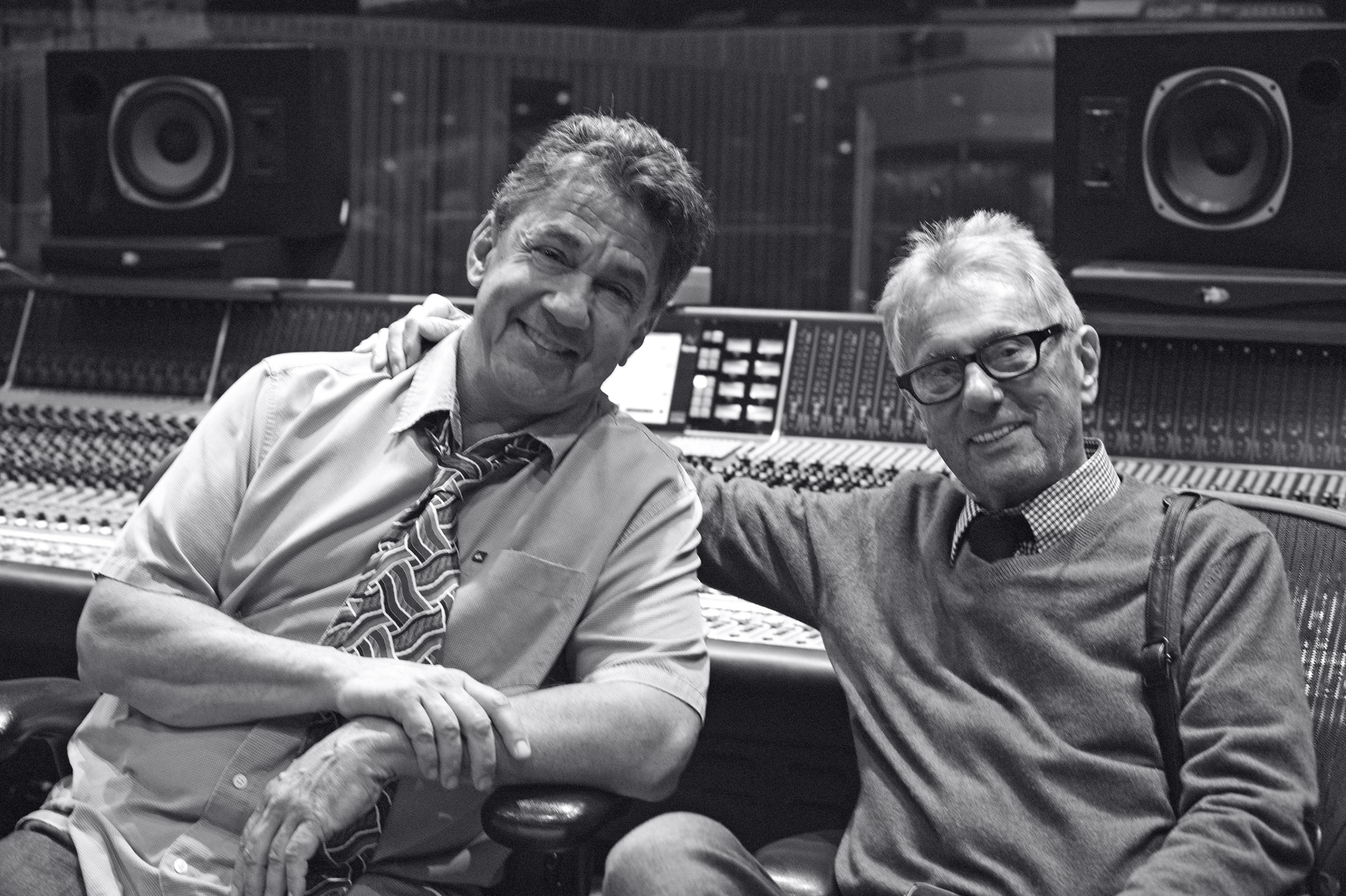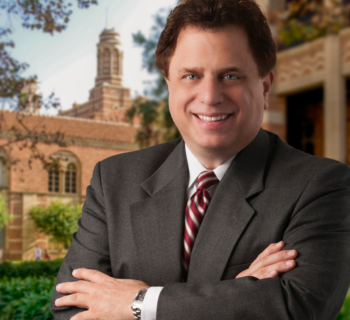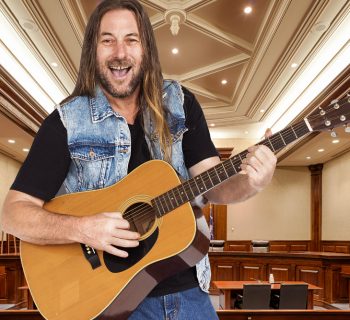As every rock aficionado knows, in 1971 Led Zeppelin released their iconic hit song “Stairway to Heaven” (“Stairway”). It was written by lead guitarist Jimmy Page and singer Robert Plant. Recently, the Federal Ninth Circuit Court of Appeals ruled in favor of Led Zeppelin, holding that “Stairway” did not infringe on the 1968 song ”Taurus” by the group Spirit.
Journalist Michael Skidmore filed the copyright infringement lawsuit against Led Zeppelin on behalf of the late Spirit guitarist, Randy Wolfe. The lawsuit contended that the opening instrumental to “Stairway” was stolen from Spirit’s 1968 song “Taurus.” The judge’s opinion stated: “The trial and appeal process had been a long climb up the ‘Stairway to Heaven.’”
The two songs do share a similar chord sequence and bass line, but Led Zeppelin prevailed in the original trial, and the Ninth Circuit upheld the verdict.
The win was considered a victory for the music industry, which has been fighting what it views as frivolous copyright infringement lawsuits since the “Blurred Lines” decision in favor of the Marvin Gaye estate in 2015. In that case, the 9th Circuit ruled that 2013’s “Blurred Lines,” written by Robin Thicke and Pharrell Williams, infringed on Marvin Gaye’s 1977 hit song “Got to Give it Up.” Since the “Blurred Lines” decision, many songwriters and music producers have worried about what the legal protections are for music. The “Stairway” decision (and another copyright decision involving Katy Perry) may be a sign that the courts are beginning to lean more toward protecting defendants in copyright infringement cases.
The court in the Led Zeppelin case overturned the “inverse ratio rule,” which was a precedent that has governed copyright cases in the 9th Circuit for many years. The inverse ratio rule provided that a plaintiff in a copyright infringement case had to prove that he or she had “access” to a plaintiff’s work and that the two works were “substantially similar.” The inverse ratio rule held that the more access was proven, the less similarity was required to prove infringement. This rule hurt defendants in copyright cases, including artists and record labels. The court noted: “The flaws in the rule can be seen in the inconsistent ways in which we have applied the rule within our circuit. Nothing in copyright law suggests that a work deserves stronger legal protection simply because it is more popular or owned by better-funded rights holders.”
The 9th Circuit ruled that the entire concept of “access” has been diluted in the digital age, as millions of songs are easily accessible on YouTube, Spotify, etc. The court noted that the inverse ratio rule had the effect of lowering the plaintiff’s burden of proof for infringement of popular songs.
The 9th Circuit refused to extend copyright protection to just a few notes stating: “Instead, we have held that a ‘four note sequence common in the music field’ is not the copyrightable expression of a song.”













